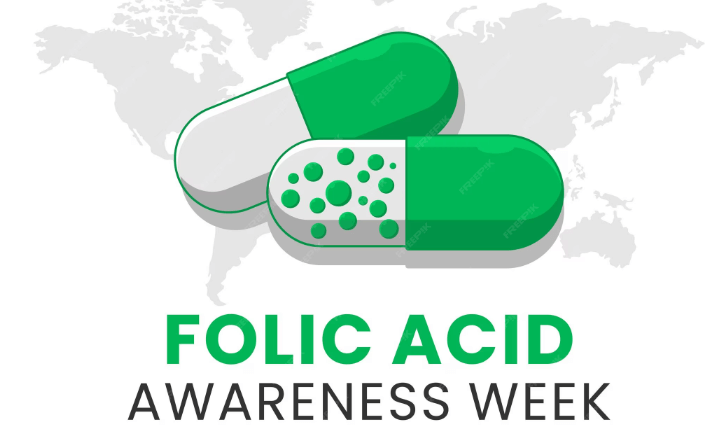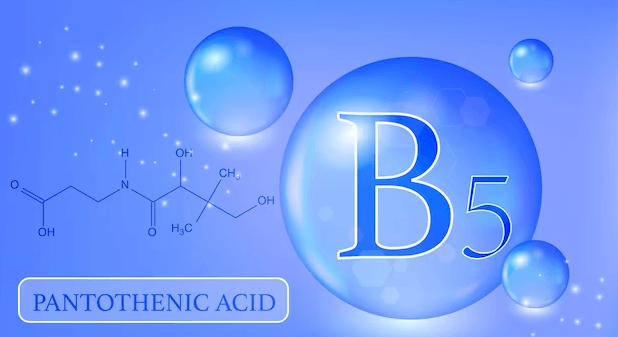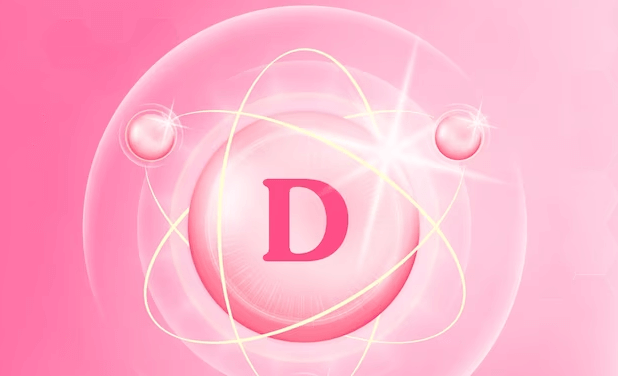Niacin Nuances: Uncovering the Essential Benefits of Vitamin B3

Introduction
In the realm of vitamins and supplements, there’s one that often gets overshadowed by the more buzzy options: vitamin B3, also known as niacin. But don’t let its understated nature fool you – niacin is a powerhouse nutrient with a wide range of essential benefits for your overall health and well-being.
Niacin plays a crucial role in the body’s energy production and metabolism, helping convert the food we eat into the fuel we need. It has also been shown to support cardiovascular health by promoting healthy cholesterol levels and improving blood circulation. Additionally, niacin has been found to have a positive impact on brain function, helping enhance cognitive abilities and mood.
But the benefits of niacin don’t stop there. This remarkable vitamin has also been linked to skin health, aiding in the treatment of acne, reducing inflammation, and promoting a more youthful complexion. It can even support the health of your hair by improving circulation to the scalp.
In this article, we will delve into the myriad benefits of niacin, exploring how this often-overlooked vitamin can have a significant impact on your overall health. Whether you’re looking to boost your energy levels, improve your cardiovascular health, or enhance your skin’s appearance, niacin might just be the missing piece in your wellness puzzle. So let’s uncover the niacin nuances and unlock its incredible potential!
The Role of Niacin in the Body
Niacin, also known as vitamin B3, is a water-soluble vitamin that plays a vital role in the body’s energy production and metabolism. It is essential for converting the food we eat into usable energy, making it an integral part of our daily functioning. Niacin is involved in over 400 enzymatic reactions in the body, including those responsible for DNA repair and cell signaling. It also helps maintain the health of our skin, nerves, and digestive system.
Niacin is classified into two forms: nicotinic acid and nicotinamide. Both forms are essential for the body, but they have slightly different functions. Nicotinic acid is primarily involved in energy production and metabolism, while nicotinamide plays a crucial role in the repair and maintenance of DNA. Together, these two forms of niacin work synergistically to support overall health and well-being.
Health Benefits of Niacin
Niacin offers a wide range of health benefits that can positively impact various aspects of our well-being. From cardiovascular health to brain function and skin health, niacin proves to be a versatile nutrient with remarkable effects on the body.
Niacin and Cardiovascular Health
One of the most well-known benefits of niacin is its ability to support cardiovascular health. Research has shown that niacin can help lower LDL cholesterol levels, often referred to as “bad” cholesterol, while simultaneously increasing HDL cholesterol levels, known as “good” cholesterol. This balance is crucial for maintaining a healthy cardiovascular system and reducing the risk of heart disease.
Niacin also improves blood circulation by dilating blood vessels, allowing for better oxygen and nutrient delivery to the body’s tissues. It can help prevent the formation of blood clots and reduce inflammation, both of which are important factors in maintaining optimal heart health. Additionally, niacin has been found to lower triglyceride levels, another type of fat that, when elevated, can increase the risk of heart disease.
Niacin and Brain Function
Beyond cardiovascular health, niacin has been found to have a positive impact on brain function. It plays a vital role in the production of neurotransmitters, which are chemicals responsible for communication between nerve cells. Adequate levels of niacin are essential for maintaining healthy cognitive abilities, memory, and mood.
Research suggests that niacin supplementation may be beneficial for individuals with cognitive decline, including those with Alzheimer’s disease. It has been shown to improve memory, attention, and overall cognitive performance. Niacin’s ability to enhance blood flow to the brain may also contribute to its positive effects on brain function.
Niacin and Skin Health
In addition to its cardiovascular and cognitive benefits, niacin has also been linked to improved skin health. It is often used in skincare products due to its ability to promote a more youthful complexion, reduce inflammation, and treat acne.
Niacin’s anti-inflammatory properties help calm redness and irritation, making it an effective treatment for acne-prone skin. It regulates sebum production, the skin’s natural oil, which can help prevent clogged pores and breakouts. Niacin also supports the skin’s barrier function, preventing moisture loss and maintaining hydration. These combined effects result in smoother, clearer, and more radiant skin.
Food Sources of Niacin
While niacin is available in supplement form, it is always best to obtain nutrients from whole foods whenever possible. Fortunately, niacin can be found in a variety of foods, making it easily accessible for most individuals.
Good food sources of niacin include:
- Meat: Chicken, turkey, beef, and pork are all excellent sources of niacin.
- Fish: Tuna, salmon, and sardines are rich in niacin.
- Legumes: Peanuts, lentils, and beans provide a significant amount of niacin.
- Whole grains: Brown rice, quinoa, and oats are all good sources of niacin.
- Seeds and nuts: Sunflower seeds, almonds, and cashews are packed with niacin.
- Vegetables: Mushrooms, green peas, and avocados contain niacin.
- Dairy products: Milk, cheese, and yogurt are all sources of niacin.
By incorporating these niacin-rich foods into your diet, you can ensure you’re getting an adequate amount of this essential nutrient.
Niacin Deficiency and Supplementation
While niacin deficiency is relatively rare in developed countries, certain populations may be at a higher risk. Individuals who consume a poor diet, have alcohol dependence, or have certain medical conditions that affect nutrient absorption may be more prone to niacin deficiency.
Symptoms of niacin deficiency include fatigue, weakness, digestive issues, skin problems, and cognitive impairment. Severe niacin deficiency can lead to a condition called pellagra, characterized by dermatitis, diarrhea, and dementia.
If you suspect a niacin deficiency, it is essential to consult with a healthcare professional who can provide an accurate diagnosis and recommend appropriate supplementation if necessary. Niacin supplements are available over-the-counter and can help correct deficiencies when used under medical supervision.
Potential Side Effects and Precautions
While niacin is generally safe for most individuals when taken in recommended doses, it can cause side effects, especially at high doses. The most common side effect of niacin supplementation is flushing, characterized by redness, warmth, and tingling of the skin. This flushing is temporary and usually subsides within a few hours. Taking niacin with food or using a slow-release formulation can help reduce the severity of flushing.
In rare cases, high doses of niacin can cause liver toxicity, so it is crucial to follow recommended dosages and consult with a healthcare professional before starting any new supplementation regimen, especially if you have pre-existing liver conditions.
As with any dietary supplement, it is essential to consider individual needs and potential interactions with medications or medical conditions. Always consult with a healthcare professional before making any significant changes to your supplementation routine.
Conclusion: The Importance of Niacin in Maintaining Overall Health
Niacin, or vitamin B3, is a remarkable nutrient with a wide range of essential benefits for overall health and well-being. From supporting cardiovascular health and brain function to improving skin health, niacin proves to be a versatile vitamin that shouldn’t be overlooked.
By incorporating niacin-rich foods into your diet and considering appropriate supplementation when necessary, you can harness the incredible potential of niacin to enhance your energy levels, promote a healthy heart, support cognitive function, and achieve radiant skin. So don’t let niacin’s understated nature fool you ndash; it’s time to uncover the niacin nuances and unlock the remarkable benefits of this essential vitamin.


























